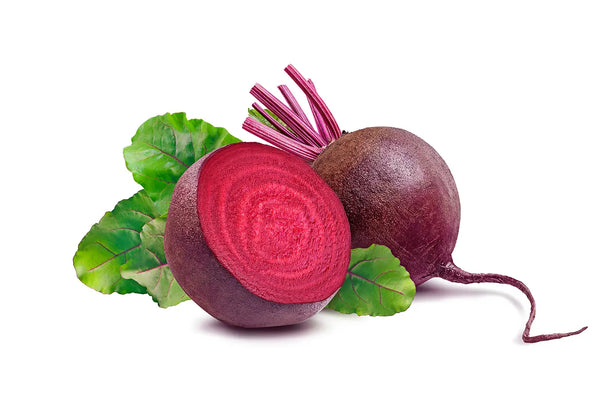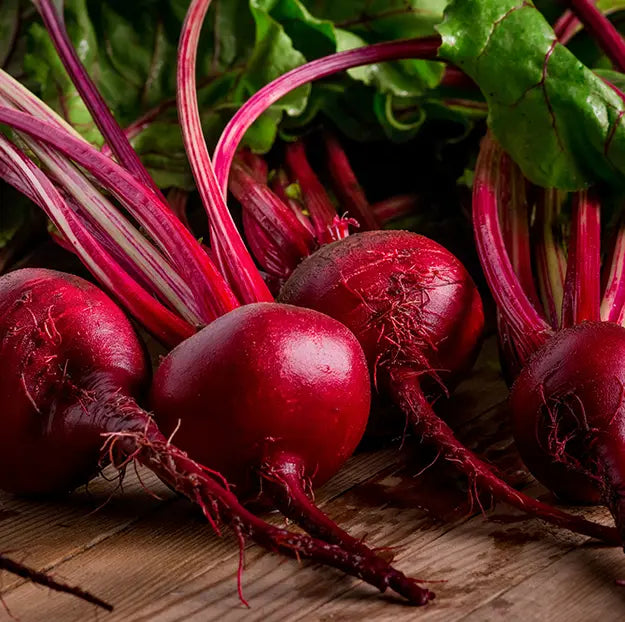



Beetroots, commonly known as beets, are a vibrant and versatile type of vegetable. They’re known for their earthy flavor and aroma. Beets are highly nutritious and packed with essential vitamins, minerals, and plant compounds, many of which have medicinal properties.


MANY NUTRIENTS AND FEW CALORIES

CAN IMPROVE ATHLETIC PERFORMANCE

MAY IMPROVE DIGESTIVE HEALTH

MAY HELP BALANCE ENERGY INTAKE

DELICIOUS AND EASY TO INCLUDE IN YOUR DIET
MEET THE FUNGUY’S